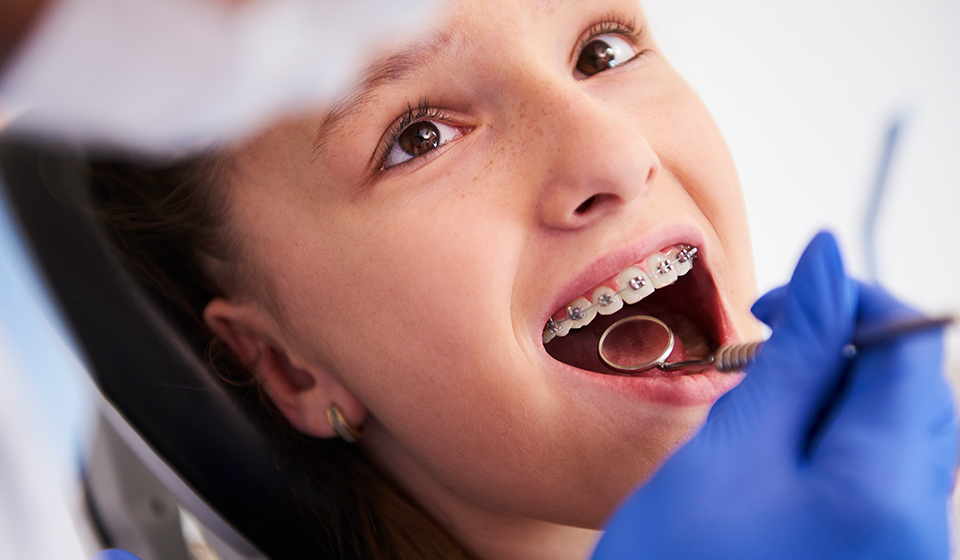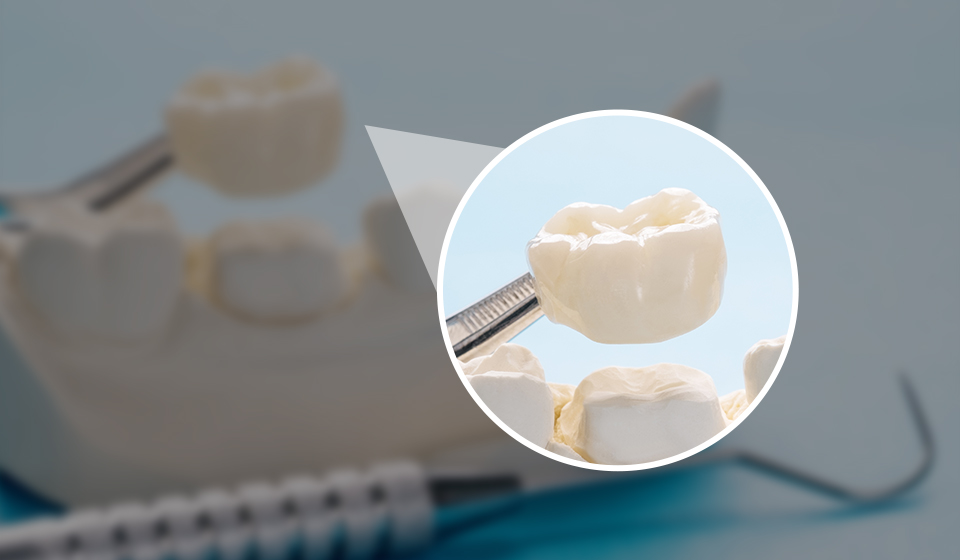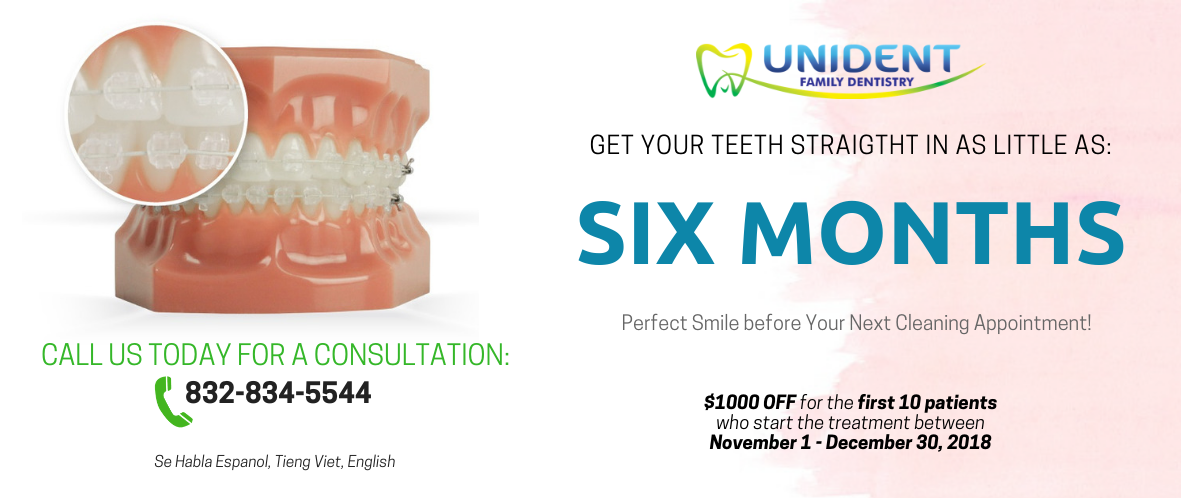Precisely aligned teeth in a flawless smile can significantly increase one’s physical attractiveness and self-esteem. In addition to being unattractive, this might cause issues with maintaining clean teeth or with the appropriate function of the jaw. Custom-fit equipment bonded to the teeth by dental braces efficiently cures misalignment concerns gradually over time. Dental braces in Westchase can help to achieve a gorgeous new set of teeth that are perfectly aligned and gently move teeth into the ideal positions.
What are dental Braces?
Westchase dental braces can gradually move teeth into the correct alignments over several months, improving biting strength and creating a picture-perfect smile. They are more transparent choices gained popularity. Braces are now more comfortable and effective than ever, with breakthroughs like self-ligating brackets that reduce friction and produce amazing results. Following the advice of your orthodontist will guarantee effective tooth straightening and make getting a smile makeover easier than ever!
Dental Braces Treatment Procedure
One of the common questions people ask : – “What is the procedure for braces?”
Consultation and Assessment: An orthodontist will examine your bite alignment and look for any spacing or crowding at your initial appointment for braces. They will talk about aesthetic issues and dental issues to establish specific targets for straightening teeth.
X-rays and Impressions: During the following appointment, exact digital impressions of your tooth arrangements will be taken using your mouth’s mold, pictures, and scans. Diagnostic X-rays enable movement planning by looking at the location of the roots and the underlying bone.
Braces Selection: Depending on your lifestyle and personal style choices, you can select from a variety of bracket types. For precision and affordability, metal wiring braces with colored rubber bands continue to be the best option. Clear, removable aligners allow for unrestricted eating and brushing but require more regular replacement.
Braces Installation: Teeth are meticulously cleaned and then etched to roughen the surface to ensure that bespoke brackets fit snugly and comfortably. You’ll choose the colored elastics that best suit your sense of style. Anticipate some early soreness, much like when you begin a new workout.
Regular Adjustments: The orthodontist adjusts alignments, tightens loose brackets, and replaces archwires every four to six weeks to ensure consistent straightening progress. After a few months, you’ll start to notice improvements in the locations of those teeth when long-term pressure is applied.
Retainers: Once the braces are perfectly positioned, the underlying bone and gums solidify, and everything is kept in place using specially shaped retainers. Any shift relapse is avoided by wearing them at nighttime and throughout the day. Take pride in showcasing your amazing smile makeover!
Dental Braces Treatment Recovery –
Another question people ask is: – “How long does it take to recover from braces?”
Dietary Restrictions: Avoid spicy, crunchy, or chewy foods as they may cause the brackets to come free as the teeth reposition. Avoid hard candies, nuts, popcorn, and similar items completely to avoid breaking wires or brackets.
Oral Hygiene: Give your brackets a thorough brushing and flossing to avoid plaque buildup, which can cause teeth discoloration and gum irritation. Prescription fluoride toothpaste preserves the integrity of the enamel while it moves.
Adherence to Instructions: Use orthodontic wax at all times and refrain from prying loose brackets to ensure precise tooth motions in advance. Making sure wires maintain the optimal light pressure going forward requires paying close attention to every change.
Regular Checkups: See your dentist for cleanings every six months to ensure that hardened plaque is removed and to keep an eye on the integrity of the enamel and the health of your gums and bones while your braces are on.
Are you a Candidate for Dental Braces?
Orthodontic braces might be the answer if your smile’s aesthetics or your ability to bite and chew food are being badly impacted by crooked, crowded, or gapped teeth. A perfect new smile can give adults and children alike a confidence boost. This efficient method of positioning teeth correctly results in improved dental health and the satisfaction of having straight grins.
Conclusion
Make an appointment at Unident Family Dentistry in Westchase for a smile evaluation and talk about the newest braces solutions that are best for your particular needs. A lifetime of health and happiness with picture-perfect smiles is a return on investment for properly positioned teeth.








